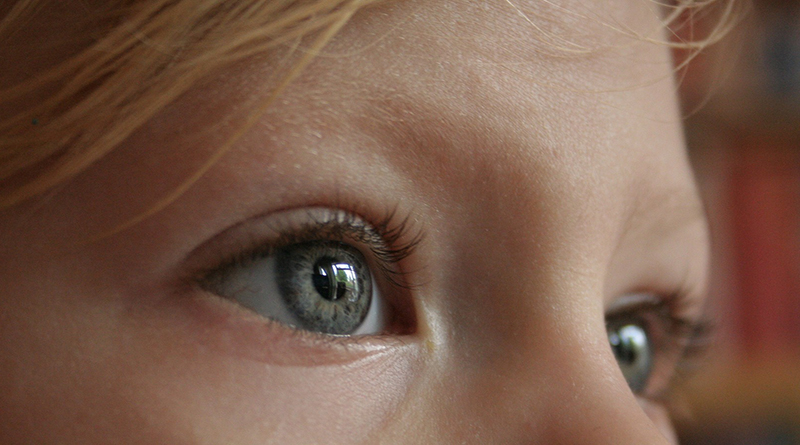
Parenting With An Eye Toward Adulthood
By Rachel Bédard, Ph.D.
The past, present, and the future
Anyone who performs the duties of parenting has a perpetual series of calendars in mind: remembering the past (remember when she took her first step? When he walked to school alone?), the immediate present (get your socks off the floor and your backpack ready for school!), and the future (when he moves out, when she learns to drive). All of these mental calendars are necessary, in part because remembering when our kids were sooo cute helps keep us motivated, and because adulting is a large team project with roots in the present as well as the future.
Let’s briefly define adulting, and then get to your role as a parent, in the present and in the future.
Adulting redefined
Back in the day, when we all walked uphill to school in a snowstorm, adulting was simple: graduate, move out, find the right spouse, maintain a reasonable job, have some reasonable kids, retire. Maybe watch the grandkids if you were up for it. These days adulting is far more complex, particularly for individuals with neurological differences. It would appear that the formal line of adulthood has become quite blurry even for neurotypicals: does adulthood commence at 18, or when people finish college, or when they can afford their own housing?
In any event, our culture is unclear when formal adulting begins, which makes it hard to define a parenting strategy, particularly when parenting a child with neurological differences. As such, I propose that you define, for your own children and parenting style, when adulting begins and when your parenting role changes. (Hint: your parenting role should have been changing almost weekly from birth, as you imparted new skills to your offspring. If you plan to circle a date on the calendar to commence adulting, you will not like the rest of this post!)
Parenting responsibilities
The process of parenting and imparting skill appears to be lifelong. Culturally, we think of parents as the first set of role models and support staff for children. Parents rush in to kiss boo-boos, deliver the missing homework and lunch, and move into the dorms with their college students. Wait. Parents should not move into dorms! And maybe, sometimes, they should not deliver the forgotten homework and lunch.
If we envision our children as future adults, we will want to revisit and revise our role as parents. If we choose to individually define how we parent, then I would propose that parents are tasked with providing emotional comfort and continuing to support their children as they learn new skills; as a corollary, those children will sometimes suffer the consequences of not learning a skill. Consequences and discomfort are an important part of learning to adult. Please don’t bubble wrap your child, unless you truly plan to renovate your basement for your future NEET (Not in Employment, Education, or Training).
Modifying your role
As a parent, your overarching goal is to be supportive, be informed, and ultimately teach strategies for problem solving. You do not really want to be the only problem solver for your child. You want your child to have a rich network of people they rely on for problem solving: teachers, then friends, co-workers, supervisors, and professional assistants (car mechanics, plumbers, electricians). As a parent, your goal is to retain the role of providing emotional support (constantly updating these skills), and over time, you want to outsource the problem-solving tasks to your child and their network.
I can hear a couple of people groaning right now and preparing to troll me. I hear you: You child is your life. You have dedicated significant years to your child. Who will you be, if not a parent, an amazing, award winning parent? No worries. You get to remain an amazing parent, but a parent to an ever more independent, resilient, problem solving child.
The future
I work with many young adults with neurological challenges, and generally get the opportunity to meet with their parents as well (and it is widely known that I have The Best Clients and Families, hands down). These highly engaged parents have taught me much about life, parenting, and positivity. When these parents panic and/or cry in my office, they are expressing profound concern about what will happen to their young adult child in the future, when the parents cannot care for them, or when the parents die. This is a very serious conversation (series of conversations!) about transferring power and adulting responsibility elsewhere. Your goal, as a parent, is to help your child establish the skills to actively problem solve, find solutions or people who can access solutions, and generalize this problem solving skill set across adulting challenges. This is a monumental task that starts now, so that you can adequately prepare for the future. Please, fight the urge to bubble wrap your children and stave off adulthood. Please, let adulting skill acquisition begin today.
Celebrate success
Finally, there is far too much criticism of parenting styles. We often hear that parents “over-parent” or “under-parent.” Parents are judged for letting their children have too much or too little freedom, without necessarily understanding the backstory. In the spirit of unity, let’s celebrate life’s victories, which will now include celebrating when parents let youngsters make mistakes, suffer mild consequences, and learn from them. Let’s encourage parents and children to ask for a “do-over” or to talk openly about challenges, strategies, and successes.
Parenting is hard. Adulting is hard. Let’s have both a big picture and a daily picture of where the parenting/adulting train is headed. Let’s endorse many small steps, lots of celebrations, and help each other find success, personally defined.
Dr. Rachel Bédard is a psychologist living and working in Fort Collins, Colorado. She and Mallory Griffith have recently published 2 books about living on the autism spectrum. Raising a Child on the Autism Spectrum: Insights from Parents to Parents was released in 2017, with many parents remarking that they needed this book handed to them when they received the diagnosis. You’ve Got This!: The Journey from Middle School to College, as told by Students on the Autism Spectrum and Their Parents was released in 2018. Notably, both books reflect the co-authors belief that the best advice about living on the spectrum comes from people on the spectrum. Dr. Bédard’s therapy style and books rely heavily on appropriate research, the school of life, strengths based programming, and with support from diverse professionals who work extensively with people on the spectrum.
Dr. Bédard can be found at DrRachelBedard.com, or via LinkedIn. The books have their own lives, found on facebook @SpectrumStories, via Twitter #TheAspieBooks, and Instagram @FlatStanleyAutismProject.




